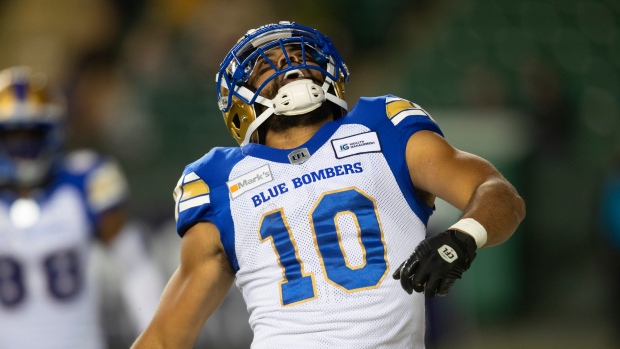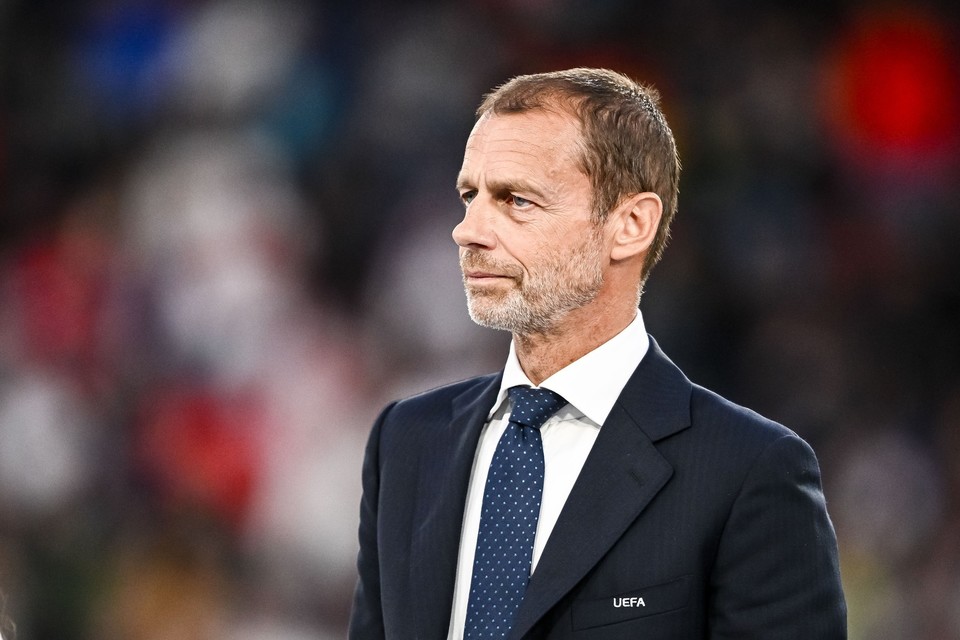Sad News: Josh Allen Disappointed by Troubling Statement from Leadership
In recent news, Josh Allen, the star quarterback of the Buffalo Bills, expressed his sadness and disappointment regarding a troubling statement made by the head of a prominent organization. This incident has sparked discussions not only within the sports community but also among fans and commentators about the implications of such statements from influential figures.
The context of Allen’s reaction stems from the ongoing dialogue about accountability and responsibility within leadership roles. In a world where athletes and public figures often serve as role models, their words carry significant weight. When the head of an organization makes a controversial or insensitive remark, it can have a ripple effect, impacting not just the immediate audience but also fans and communities that look up to these leaders.
Allen’s response highlights his awareness of the broader impact of leadership in sports. As one of the NFL’s brightest stars, he recognizes the responsibility that comes with his platform. His disappointment signifies a deeper understanding of how statements can influence public perception and the potential consequences they can have on individuals and communities. This moment serves as a reminder of the importance of thoughtful communication, especially from those in positions of power.
The statement that triggered Allen’s reaction has been widely discussed in media circles. Many commentators have criticized the remarks, suggesting that they lack empathy and do not align with the values that athletes and sports organizations strive to uphold. The fallout from such comments can be severe, leading to backlash from fans, sponsors, and other stakeholders. In this case, Allen’s public disappointment adds to the chorus of voices calling for accountability.
Allen’s reaction is particularly significant given the current climate in professional sports. Issues of social justice, mental health, and inclusivity are at the forefront of discussions within the league and beyond. Athletes are increasingly using their platforms to advocate for change, making it all the more important for leaders to align their statements with these values. Inconsistent messaging can lead to confusion and mistrust among fans and players alike.
The impact of leadership statements extends beyond the immediate context. When influential figures make remarks that are perceived as insensitive or tone-deaf, it can alienate segments of the fan base. This is especially true in a diverse society where representation and inclusion are critical. Allen’s disappointment reflects a growing awareness among athletes about the need for unity and understanding in the face of divisive rhetoric.
As fans reacted to Allen’s statement, social media lit up with a mix of support and criticism. Many fans applauded him for standing up against what he deemed unacceptable, while others expressed frustration that athletes are sometimes expected to respond to every controversy. This duality showcases the complexities of the relationship between athletes and their fan base, especially in a climate where every word is scrutinized.
Furthermore, Allen’s comments could serve as a catalyst for change within the organization that made the original statement. Athletes like Allen have the power to influence their teams, leagues, and even corporate sponsors. When leaders see that their remarks are met with disappointment from respected figures, it may prompt them to reconsider their approach to communication. This could lead to a more thoughtful dialogue about the values that sports organizations wish to embody.
As discussions surrounding Allen’s disappointment continue, it’s essential to consider the broader implications of leadership in sports. Athletes and leaders alike must navigate the challenges of a rapidly evolving societal landscape. In a world that demands accountability and transparency, the expectations placed on public figures are higher than ever. This situation may encourage more leaders to engage in self-reflection and be mindful of their statements in the future.
In addition to the immediate fallout, this incident also raises questions about how sports organizations can better support their athletes in navigating these challenges. Many teams have begun to prioritize mental health and well-being, recognizing the pressures that come with being in the public eye. Creating an environment where athletes feel comfortable addressing sensitive issues can foster a culture of understanding and empathy, benefiting both players and fans.
Looking ahead, it will be interesting to see how this situation unfolds. Will the organization in question take steps to address the concerns raised by Allen and others? How will this incident impact the relationship between leadership and athletes in the long run? The answers to these questions will likely shape the future discourse around accountability and responsibility in sports.
As Allen continues to lead the Bills both on and off the field, his voice serves as a reminder of the power athletes hold in influencing change. His willingness to speak out against troubling statements not only reinforces his commitment to positive values but also sets a precedent for others in the league. In a time when sports can be a unifying force, it is crucial for leaders to promote messages of hope, understanding, and respect.
In conclusion, Josh Allen’s disappointment regarding the recent statement from a prominent leader highlights the critical role of accountability in sports. As athletes become increasingly vocal about social issues, it is essential for leaders to align their messages with the values that foster inclusivity and understanding. This situation serves as a powerful reminder of the influence that words can have, not just within the sports community but across society as a whole. Moving forward, the hope is that this incident will spark constructive conversations and lead to a more thoughtful approach to leadership in sports.















Leave a Reply